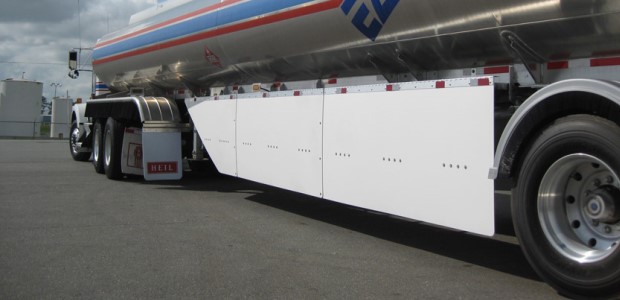
PHMSA Halts Rulemaking on Cargo Tank Truck Loading
Human error is the greatest primary cause of accidents during these operations, and the DOT agency has decided to conduct more research to understand the range of human factors contributing to spills.
DOT's Pipeline and Hazardous Materials Safety Administration has withdrawn a 2011 proposed rule involving cargo tank motor vehicle loading and unloading operations, closing it in favor of issuing a guidance document about best practices and in order to conduct more research. Human error is the greatest primary cause of accidents during these operations, and the DOT agency has decided to carry out more research to understand the range of human factors contributing to spills.
The proposed rule would have required cargo tank carriers and loading/unloading facilities to conduct risk assessment, train hazmat employees on operating procedures, and qualify those employees annually. It also would have required facilities that provide transfer equipment for these operations to implement a periodic maintenance schedule.
According to the withdrawal notice published in the Federal Register, a 2007 survey by the Bureau of Transportation Statistics showed 323.5 billion ton-miles of hazmats were transported during that year, approximately one-third of them by truck and another 7 percent by multimodal transport that included trucks. "We believe we can safely reason that a similar amount is transported annually today, which presents ample opportunity for incidents to occur during the course of highway transportation, including CTMV loading and unloading operations," it states.
The notice also says human factors are the greatest primary cause of accidents. "Most human error accidents can be attributed to inattention to detail in performing a loading or unloading function, including failure to follow attendance requirements, leaving valves in open or closed positions, improperly connecting hoses and other equipment, or not disconnecting hoses prior to vehicles having completed fill operation," it says, adding that about 3,500 incidents could be attributable to CTMV loading or unloading operations, resulting in annual damages averaging $6.8 million during the 10-year analysis period.
PHMSA estimated a 1.5 benefit-cost ratio but stated it "is concerned that the overall benefit of the regulatory action is overestimated based on the role that human error plays in loading and unloading incidents."